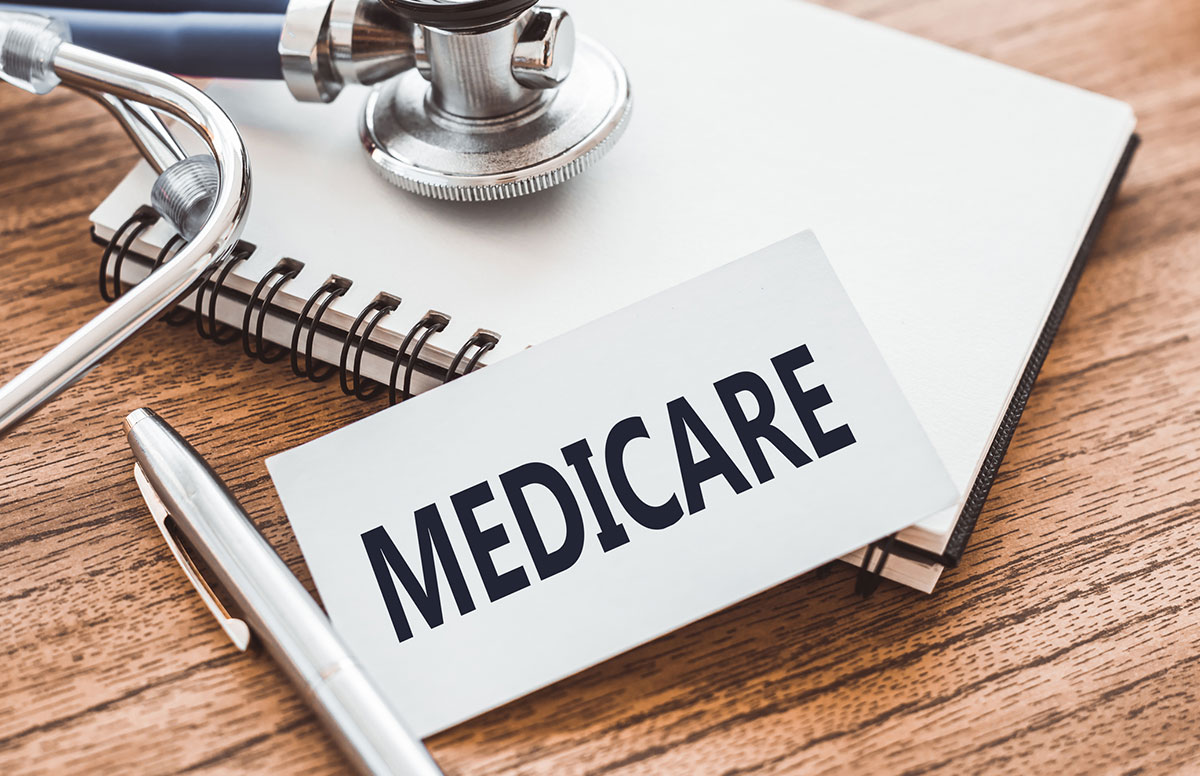HUD Reinstates Affirmatively Furthering Fair Housing Rule
On June 10, HUD will publish an interim final rule to reinstate Affirmatively Furthering Fair Housing (AFFH) definitions and certifications, which were revoked under a 2020 rule published under Secretary Carson. Effective July 31, the new interim final rule is narrowly focused to meet what the rule calls an “urgent need” to withdraw the Trump Administration’s actions to roll back AFFH requirements.
Originally published in 2015, HUD’s Affirmatively Furthering Fair Housing (AFFH) final rule required certain HUD funding recipients, including Public Housing Authorities and Community Development Block Grant recipients, to take “meaningful actions” to address disparities in housing needs.
The premise of AFFH, which has been advanced by courts and by Congress over decades, is that fair housing obligations of HUD and HUD grantees go beyond not discriminating – the fair housing obligation includes taking affirmative steps to proactively overcome historic patterns of segregation, promote fair housing choice, and promote inclusive communities. In 2020, HUD revoked tools used to complete affirmative fair housing planning and certifications, and published a final rule that adjusted AFFH definitions and requirements.
HUD’s new interim final rule, titled “Restoring Affirmatively Furthering Fair Housing Definitions and Certifications,” is a limited-in-scope rule that does not impose new requirements; it specifically reinstates relevant AFFH definitions, including “meaningful actions,” “AFFH,” “segregation,” “disability,” “significant disparities in opportunity,” and “fair housing choice.”
The interim final rule also reinstates the regulatory requirement that certain HUD grantees and program participants certify actions to address disparities in housing needs. The federal register publication provides notice that HUD will once again offer technical support and other assistance for the voluntary completion of fair housing planning.
However, the interim final rule does not require HUD program participants to undertake any specific type of fair housing planning to support their certifications. The interim final rule states: “HUD’s provision on a voluntary basis of a variety of familiar tools is intended to reduce the burden on recipients while ensuring that they have tools for fair housing planning in order to [affirmatively further fair housing] as HUD works toward an implementation scheme that will further reduce burden for recipients while bolstering fair housing outcomes.”
The interim final rule states that “between the date of publication [June 10] and the effect date [July 31], HUD will provide additional clarity to affected program participants. HUD will provide guidance and technical support…additionally, HUD will seek comment for a period of 30 days from publication to solicit additional views.”
LeadingAge supports further guidance and resources from HUD to fully reinstate the agency’s previous AFFH regulatory framework and requirements.

Most Recommended
December 18, 2024
Year-End Package Analysis: Wins, Ins, and Outs for Aging Services
December 10, 2024
4 Top Tech Themes from 2024
January 16, 2025
Pathways for Foreign-Born Workers
November 27, 2024
 Analysis: November 2024 LTC Surveyor Guidance Updates
Analysis: November 2024 LTC Surveyor Guidance Updates
Recently Added
January 16, 2025
CMS Releases FY 2025 Mission and Priorities
January 16, 2025
HealthTech Features CAST VP Scott Code’s 2025 Tech Predictions
January 16, 2025



